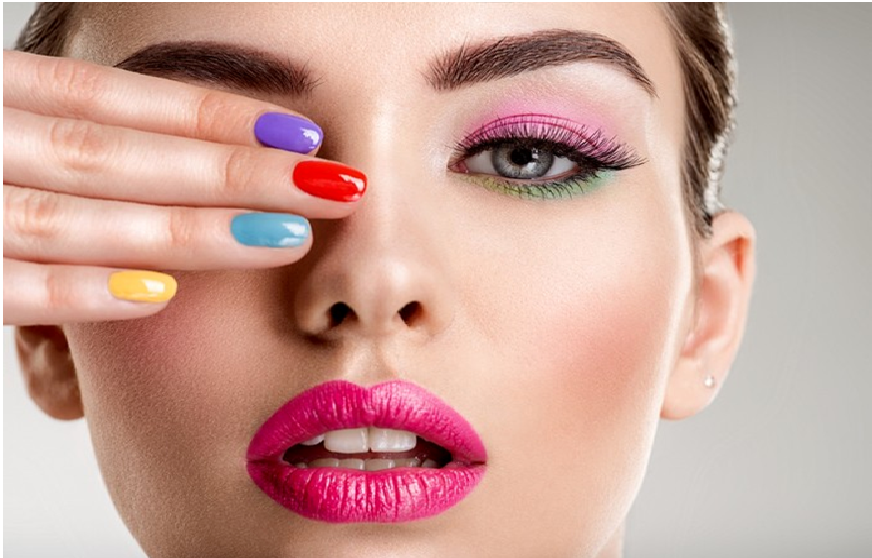5 Easy Facts About Terres d'Afrique – Restore and protect your skin's natural Shown

Fascination About Roots Skin Products – Staying Close to Nature
24/7 Client Assistance We help our students develop special, environment-friendly, luxurious items that are efficient and liked by their customers. We offer detailed contact of providers of raw materials readily available in Africa and worldwide.


The VANA Blog Beauty & Fashion Inspiration - 7 Eco-Friendly Korean Brands to Love for Earth Day 2022 - Stylevana
The African woman is not simply engaging with skin care, it is fast becoming a daily need and less of an indulgence. A growing appetite for understanding her skin, the impact of the environment and the requirement for items that will give her wanted outcomes regularly is driving her habits.

5 South African products for a sustainable skincare routine - twyg
4 Easy Facts About African Skincare & Beauty Course - Soap School Shown
"The typical African lady who has an interest in her skin care is looking for education, to help with her standard understanding of her skin, a routine and item knowledge to assist her browse her purchasing options," says Mathahle Stofile of the Stofile is a previous charm editor and the founder of The Matte Task, a community site committed to examining and informing African women, females and men of color on skin care and skin care products.
South Africa is the biggest player in the African skin care market. Amidst an around the world international shift in customer behavior, the African customer is not being left behind. As one of the fastest growing regions of the cosmetics industrydue to the growing middle class, technological advancements and a boost in health and wellness awarenessthe African cosmetics market has actually broadened, usually 8-10% year on year versus 4% typical worldwide growth.

Where to buy all-natural beauty products in NYC
5 Simple Techniques For Natural Skin Care Products Market to hit USD 12.27 billion by
In South Africa alone, the professional skin care market is anticipated to top $839 million by 2023, according to Mordor intelligence. natural for skin care remain in Sub-Saharan Africa. South Africa, the biggest and more developed of the markets, is the leader, followed by Nigeria, Kenya, Ethiopia, Tanzania, Ghana and Cameroon.
3 trillion. The modern African consumer is requiring more and she has the non reusable income to match. Although there are slight physiological skin distinctions for the African female of darker complexion and females of color, they do not impact how to take care of skin. Dry skin, scarring, ingrown hairs, loss of firmness, clogged pores, signs of aging, sun damage from unprotected sun exposure, irregular complexion, oily skin, acne and delicate skin are some common skin care concerns.
